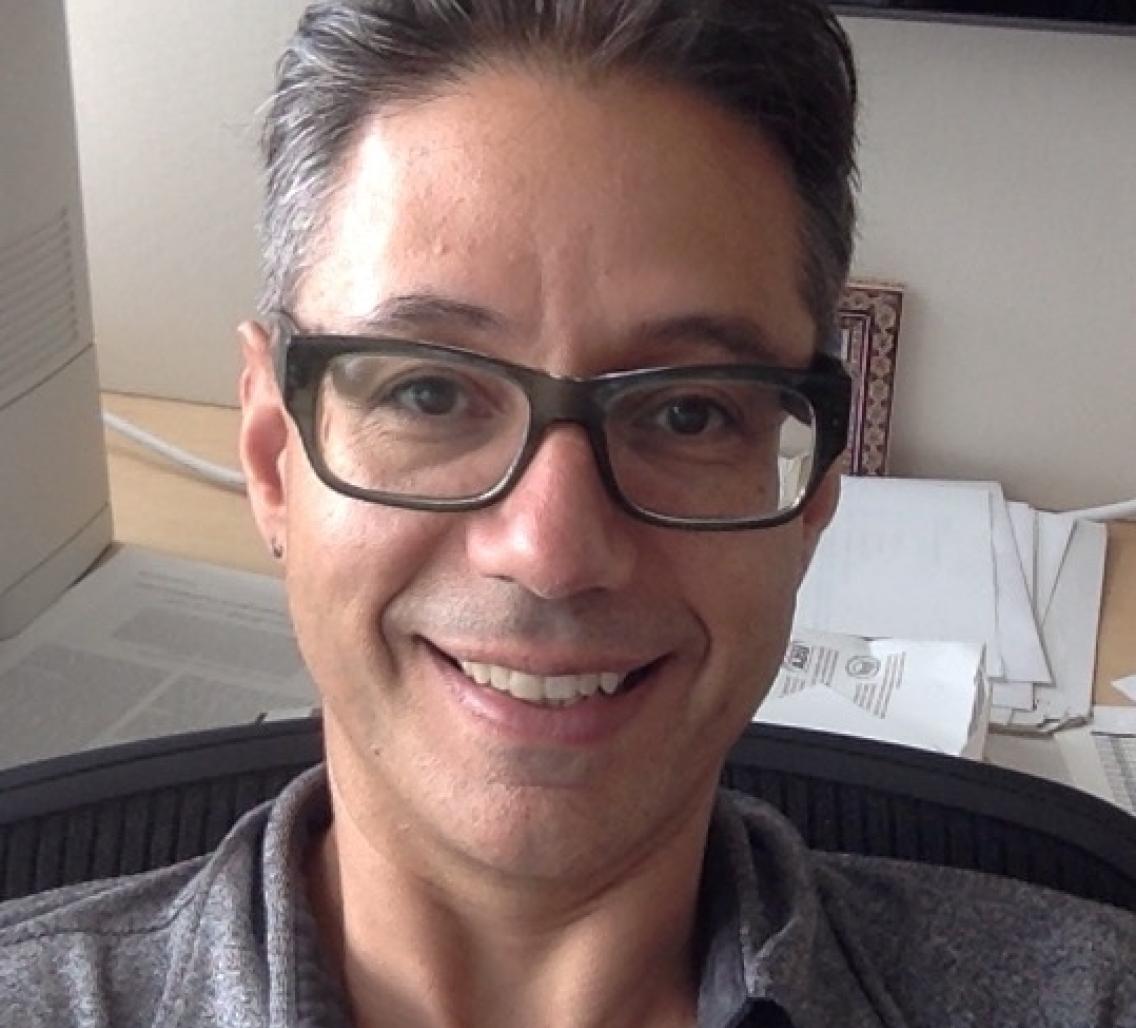Event Details:

Studying the neural circuit mechanisms of cognition using rodents
Carlos Brody
Wilbur H. Gantz III ’59 Professor of Neuroscience Institute and Department of Molecular Biology
Princeton University
Abstract
Understanding how neural circuits of the brain support cognition is a key goal of neuroscience. Progress had been very difficult, largely due to the sheer complexity of the brain, with its myriad simultaneously interacting brain regions, neurons, and neuronal components. Yet in recent years neuroscientists have been experiencing a boom in optimism and a sense of accelerating progress. I will outline some of the factors that are contributing to this sense of excitement. I will then describe some specific examples from my own lab, in which we use high-throughput behavioral training of rodents, in combination with computational modeling and modern experimental recording and perturbation techniques, to explore the neural circuit basis of working memory and cognitive control.
Bio
Brody is professor of neuroscience and molecular biology at Princeton University and a Howard Hughes Medical Institute Investigator. He completed his PhD in 1997, in computation and neural systems with John Hopfield at Caltech. Starting in 2001, he led a computational neuroscience group as an assistant professor at Cold Spring Harbor Laboratory. Inspired by efforts that Zachary Mainen's and Anthony zador's experimental groups at Cold Spring Harbor Laboratory were making in developing highly controlled behaviors for rats, Brody added experimental approaches to his research portfolio. His focus is on novel quantitative behaviors that allow exploring high-level cognitive questions using powerful emerging tools for studying neural mechanisms in rodents. Brody's group now uses rats to investigate the neural bases of decision making, working memory, and executive control, using a combination of high-throughput semiautomated behavior as well as computational, electrophysiological, pharmacological and optogenetic methods.
Brody moved to Princeton University in 2006, and has been a Howard Hughes Medical Institute Investigator since 2008.